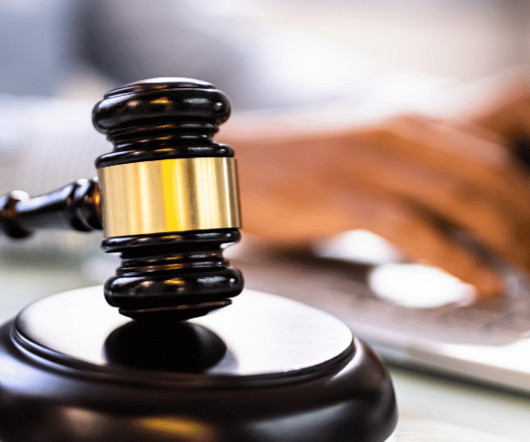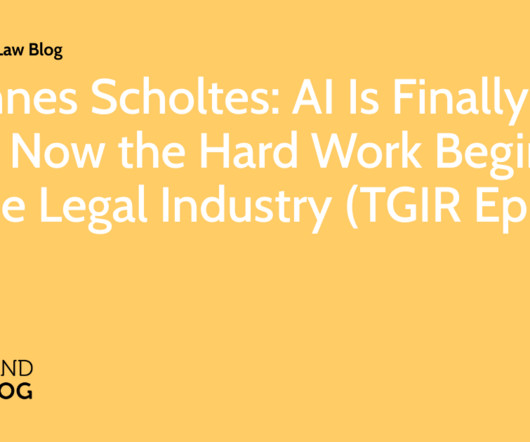Berkeley Technology Law Journal Podcast: The Capabilities and Limitations of ChatGPT with Professor Chris Hoofnagle
Berkley Technology Law Journal
FEBRUARY 27, 2023
In today’s episode, we’ll be diving into the fascinating world of one of the most advanced machine learning tools out there: ChatGPT. We’ll explore the potential impacts of ChatGPT not only on everyday life, but also on the legal industry, education, intellectual property law, geopolitics, and more.














Let's personalize your content